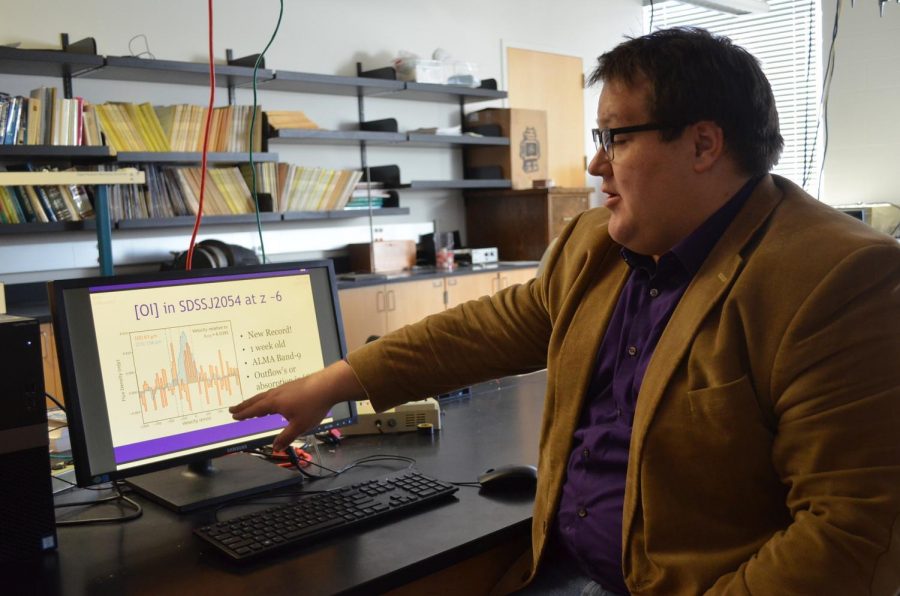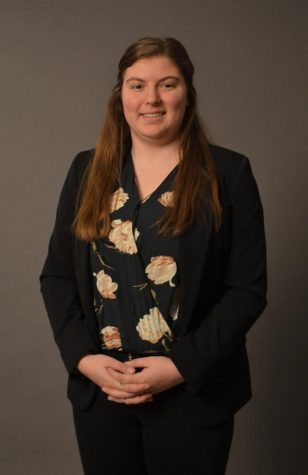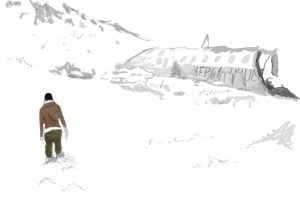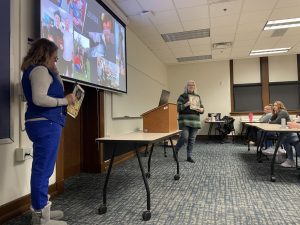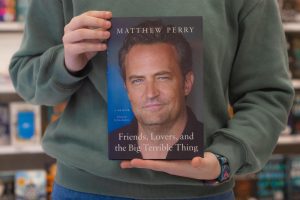Assistant physics professor awarded grant
Physics Professor Carl Ferkinhoff and his team were recently awarded the National Science Foundation Career Grant for their research mapping galaxies that existed near the beginning of the universe and range from 7 billion light years away to 13 billion. Pictured above, Ferkinhoff explains how the research is conducted by observing the data they collect.
February 27, 2019
Assistant Professor of Physics, Carl Ferkinhoff and his team have been awarded the National Science Foundation (NSF) Career Grant for their project. This grant is only awarded to one out of ten applicants.
Ferkinhoff explained the grant as one for faculty who are just starting in their career. It is meant to support educational and research aspects of the professor to help them develop into a faculty member.
Ferkinhoff’s interest lie in galaxies that existed when the entire universe was at about half its age, ranging from seven billion light years away to 13 billion, and the project builds off of this research.
The project, Astronomical Research Instrumentation and Education with Undergraduates via ZINGRS, is still in its infancy of planning, but follows the premises of both research and community engagement.
Charla Miertschin, dean of the College of Science and Engineering, further explained that the NSF grant will give Ferkinhoff and his students numerous opportunities.
“[The grant will] enable Ferkinhoff and his students to pursue additional research, collaborate with other institutions and serve the local community through family science nights,” Miertschin said. “I could not be more proud of his efforts.”
The plan, as Gordon Stacey, professor of astronomy at Cornell University, elaborated on, is to first use the funding as means to further the hardware they need.
“[The grant will first be used for the] development and improvement of critical hardware needed for the ZEUS-2 spectrometer [that is pertinent to the use of] the APEX telescope in northern Chile,” Stacey said.
The telescope is used to measure the galaxies.
When this work is done, Ferkinhoff and a Winona State student will be able to go to the APEX telescope in the Atacama Desert in Chile to gather information that will allow us to understand those galaxies.
“[Doing this will help us to] understand what those galaxies are like and try to trace their change in evolution to the galaxies that we see today,” Ferkinhoff said.
That information will hopefully give a better understanding on the changes that had to happen in order to have life today, according to Ferkinhoff.
The grant money also allows for a community outreach educational opportunity hosted through Kids First in Winona.
Ferkinhoff explained that this portion of the project will be for primarily Winona State students studying middle or secondary level science education.
“[We plan on] creating a family science night based off of Carl Sagan’s quote: ‘We’re all made of star stuff,’” Ferkinhoff said. “[The students] will plan and run the activities [with the kids and their families] out at Kids First.”





























